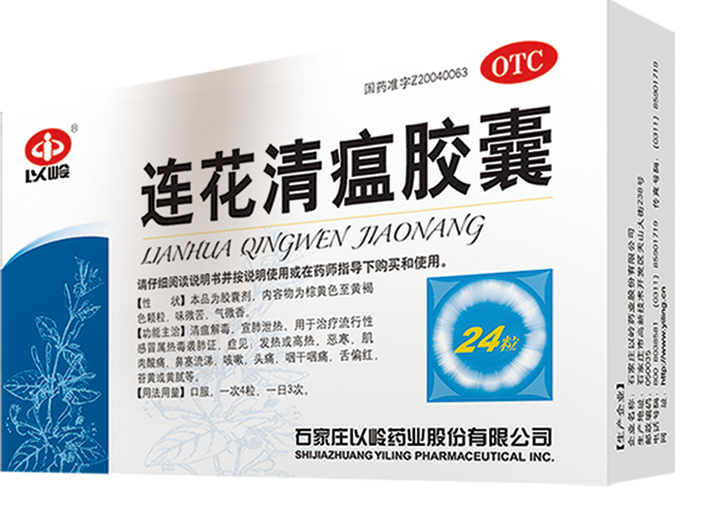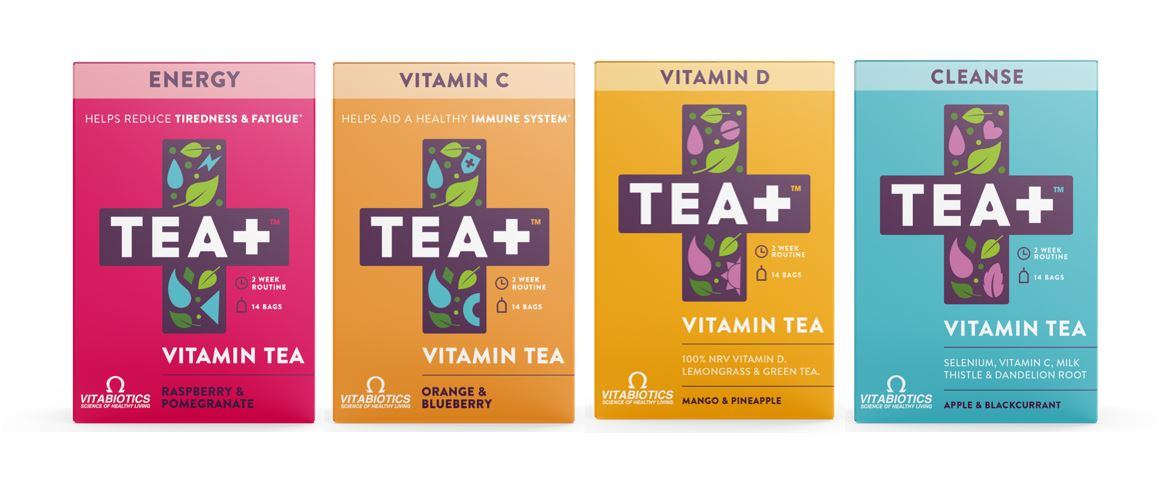Among the CAM therapies used were herbal products, high dose mega-vitamins, special diets, as well as prayers, exercise, acupuncture, chiropractic and homeopathy etc.
Researchers at the Institute of Mental Health (Singapore) said this was one of the first few studies examining the use of CAM for mental illness treatment among the general population in Singapore.
The research was published in the BMC Complementary Medicine and Therapies journal.
Methodology
Data was taken from the 2016 Singapore Mental Health Study (SMHS 2016), an epidemiological study that aimed to examine the prevalence of mental illness in the general Singaporean population (n=6117).
They were asked on the use of any form of CAM in the past 12 months, and use of a specific therapy in the same period.
According to the World Health Organization, CAM refers to “a broad set of healthcare practices that are not part of that country’s own tradition or conventional medicine and are not fully integrated into the dominant health-care system”.
The study involved the use of the World Mental Health Composite International Diagnostic Interview (CIDI) to assess mental disorder such as major depressive disorder, dysthymia, bipolar disorder, generalised anxiety disorder, obsessive compulsive disorder, alcohol abuse and alcohol dependence.
Findings
The study found that 6.4% of the adult population reported using at least one CAM therapy in the past 12 months for a mental illness.
In addition, participants who met the criteria for a mental disorder had 3.74 times higher odds of using CAM (17%) than those who did not (p<0.001).
Researchers said CAM therapies were increasingly more accessible, associated with less stigma, and cost less than conventional clinical healthcare for mental health, hence its increasing uptake in recent years.
The researchers said:: “These findings have certain implications on the delivery of health care to people with mental illness in clinical settings.
“Conventional health providers may find it prudent to address whether their patients are also using CAM, and tailor their treatment programs accordingly,
“On the other hand, it is also important for CAM practitioners to be aware that their clients may have mental illnesses that clinicians and specialists are more equipped to address.”
Limitations
The researchers acknowledged several limitations in interpreting the findings.
“The lack of cultural specificity of the CIDI to the local Singaporean context may have led to underreporting of CAM use by respondents if they did not recognise that what they used for their mental illness (for example, traditional Chinese herbal medicines) was a type of CAM (in the CIDI, this fell under herbal therapy).”
In addition, they wrote that the CIDI was not designed specifically to assess CAM use, an in-depth understanding of the frequency, duration, specific reasons and underlying mechanisms behind CAM use was not possible.
Researchers also acknowledged it was difficult to compare existing and previous studies due to the different definitions and criteria used pertaining to CAM use and the mental disorders identified in the studies.
The SMHS 2016 study revealed that one in seven people in Singapore has experienced a mental disorder in their lifetime.
Source: BMC Complementary Medicine and Therapies
https://doi.org/10.1007/s40200-019-00383-5
“The use of complementary and alternative medicine in a multi-ethnic Asian population: results from the 2016 Singapore Mental Health Study”
Authors: Vanessa Seet, et al.




